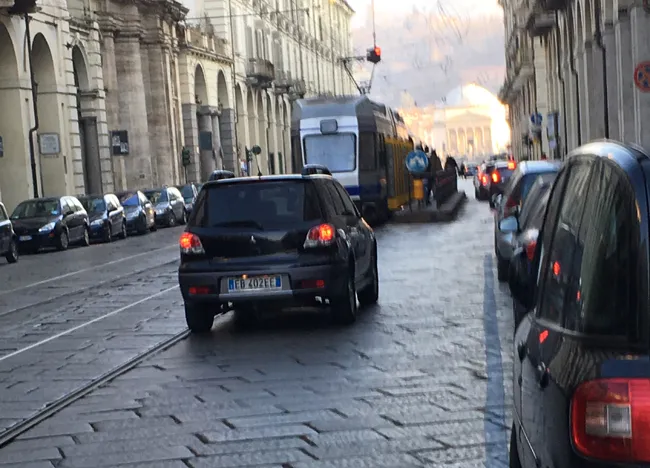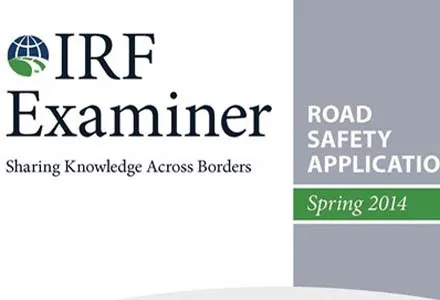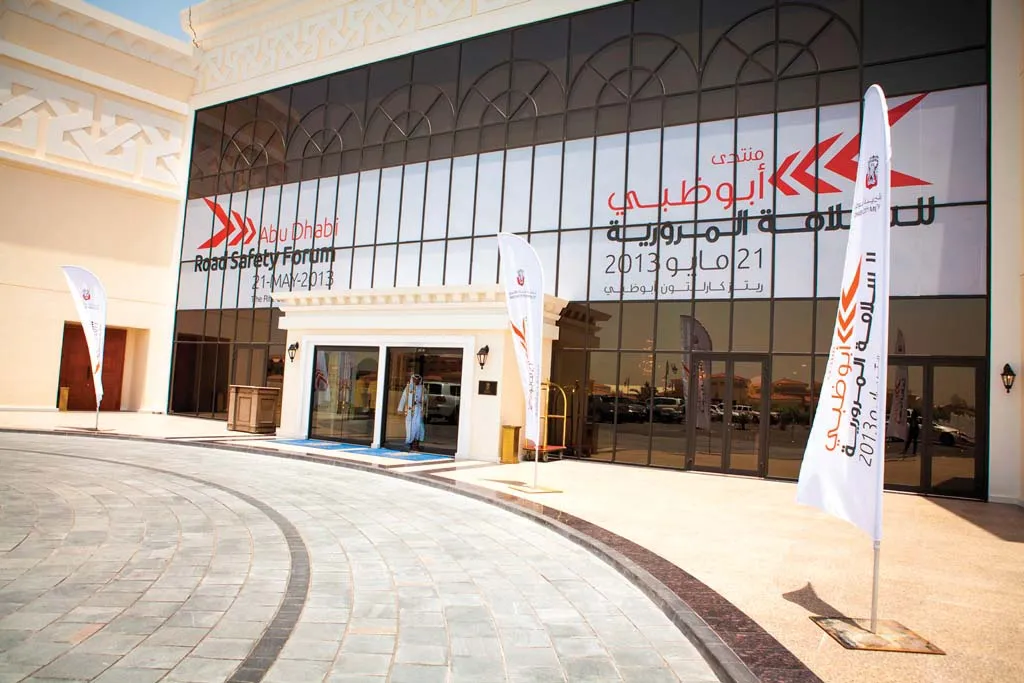The World Road Association (PIARC) has extended its submission deadline to Wednesday October 15 for papers at the XXVth World Road Congress, due to be held in Seoul, South Korea, from November 2 to 6 2015.
Proposed papers will be reviewed by the PIARC Technical Committees and those that are accepted will be published in the congress proceedings. Also, “all authors of accepted papers will present their work and results at interactive poster sessions,” says PIARC. “Some outstanding contributions will be sele
October 8, 2014
Read time: 2 mins
The World Road Association (3141 PIARC) has extended its submission deadline to Wednesday October 15 for papers at the XXVth World Road Congress, due to be held in Seoul, South Korea, from November 2 to 6 2015.
Proposed papers will be reviewed by the PIARC Technical Committees and those that are accepted will be published in the congress proceedings. Also, “all authors of accepted papers will present their work and results at interactive poster sessions,” says PIARC. “Some outstanding contributions will be selected for an oral presentation during the Congress.”
And, the association adds, “by submitting a paper in response to the present call for papers you will automatically be entered in the PIARC Prizes competition and be in contention to win one of the eight prizes.” The categories are:
•Young professionals (paper presented by authors all less than 30 years of age);
•Developing countries (paper presented by authors from countries of low income and lower-middle income economies according to the classification established by the World Bank in 2014);
•Best innovation (Maurice Milne medal);
•Safety of road users and road workers;
•Sustainable development;
•Road design and road construction;
•Road maintenance and operation;
•Roads and intermodality.
For each paper selected for a prize, PIARC will pay the travel expenses, accommodation and the registration fees to the Congress for one of the co-authors of the paper. “All papers must be original work available to be released for publication,” says PIARC. “Material that has been previously published will not be accepted. Any reference of a political, commercial or advertising nature must be excluded from the papers. The indication of a brand name should be excluded in the title and in the abstract. Abstracts should be submitted in one of the official languages of the Association: English or French. The abstract should not exceed 400 words.”
For more information got to %$Linker:2 External <?xml version="1.0" encoding="utf-16"?><dictionary /> 0 0 0 oLinkExternal PIARC Prizes 2015 Visit piarc seoul 2015 page false http://www.piarcseoul2015.org/wrcs/papers/call false false %> page
Proposed papers will be reviewed by the PIARC Technical Committees and those that are accepted will be published in the congress proceedings. Also, “all authors of accepted papers will present their work and results at interactive poster sessions,” says PIARC. “Some outstanding contributions will be selected for an oral presentation during the Congress.”
And, the association adds, “by submitting a paper in response to the present call for papers you will automatically be entered in the PIARC Prizes competition and be in contention to win one of the eight prizes.” The categories are:
•Young professionals (paper presented by authors all less than 30 years of age);
•Developing countries (paper presented by authors from countries of low income and lower-middle income economies according to the classification established by the World Bank in 2014);
•Best innovation (Maurice Milne medal);
•Safety of road users and road workers;
•Sustainable development;
•Road design and road construction;
•Road maintenance and operation;
•Roads and intermodality.
For each paper selected for a prize, PIARC will pay the travel expenses, accommodation and the registration fees to the Congress for one of the co-authors of the paper. “All papers must be original work available to be released for publication,” says PIARC. “Material that has been previously published will not be accepted. Any reference of a political, commercial or advertising nature must be excluded from the papers. The indication of a brand name should be excluded in the title and in the abstract. Abstracts should be submitted in one of the official languages of the Association: English or French. The abstract should not exceed 400 words.”
For more information got to %$Linker:








